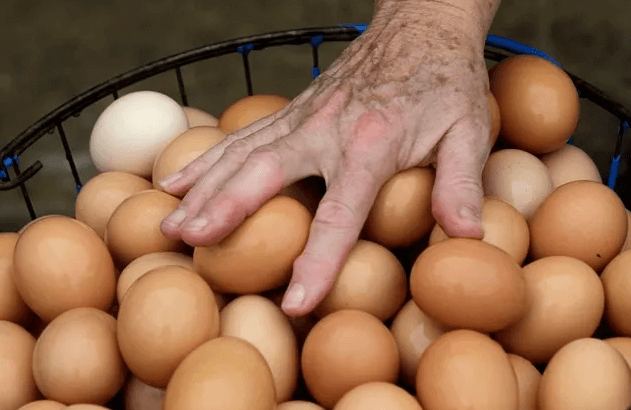In a society governed by laws and regulations, it is crucial to understand the legal implications of our actions. One such action that has sparked debate and curiosity is the act of egging someone’s house.
While this may seem like a harmless prank to some, it is essential to consider whether this act falls within the boundaries of the law. In this discussion, we will delve into the legal definition of egging someone’s house, explore potential criminal charges and penalties, and examine the civil consequences and liability that may arise from such an act.
So, what does the law say about egging someone’s house? Let’s investigate further.
Understanding the Legal Definition
Understanding the Legal Definition of egging someone’s house is essential in order to determine whether or not it constitutes as an illegal act.
Defining criminal intent is crucial, as it helps ascertain whether the act was committed with malicious intent or simply as a prank.
Additionally, determining property damage is vital to evaluating the severity of the offense.
Read Also Is It Illegal to Egg House
Potential Criminal Charges and Penalties
To determine the potential criminal charges and penalties associated with egging someone’s house, it is crucial to consider the legal implications and consequences of this act.
Egging a person’s property falls under the category of vandalism, which is a criminal offense. Vandalism involves intentional destruction or damage to someone else’s property without their consent.
The penalties for property damage vary depending on the jurisdiction and the extent of the damage caused. Offenders may face fines, probation, community service, or even imprisonment in severe cases.
Civil Consequences and Liability
Civil consequences and liability can arise when someone eggs another person’s house, leading to potential legal repercussions beyond criminal charges.
In addition to facing criminal penalties, the person responsible for egging a house may also be subject to civil lawsuits. The homeowner can potentially sue the individual for damages caused by the egging, such as property damage or emotional distress.
Moreover, insurance coverage may come into play, depending on the homeowner’s policy, to cover any damages or losses resulting from the incident.
Read Also Is It Illegal to Hit a Girl
Conclusion
In conclusion, Is It Illegal to Egg Someone’s House can be considered illegal and may result in potential criminal charges and civil consequences. It is important to understand the legal definition and be aware of the penalties associated with such acts.
A study conducted by the National Criminal Justice Reference Service found that property damage offenses, which include egging, accounted for 18% of all reported crimes in the United States in 2019. This statistic highlights the significance and prevalence of property damage incidents, emphasizing the need for individuals to respect others’ property.

